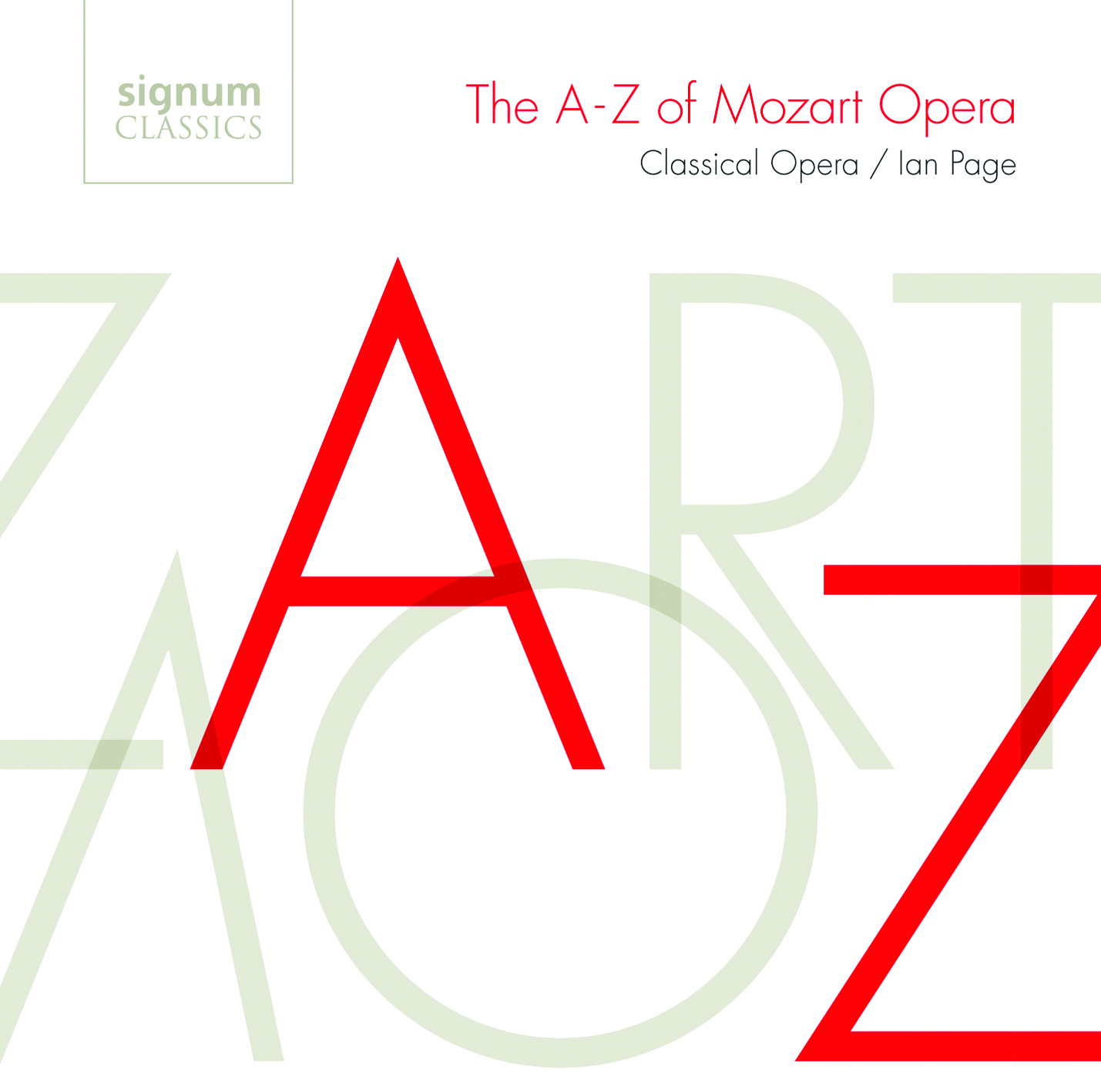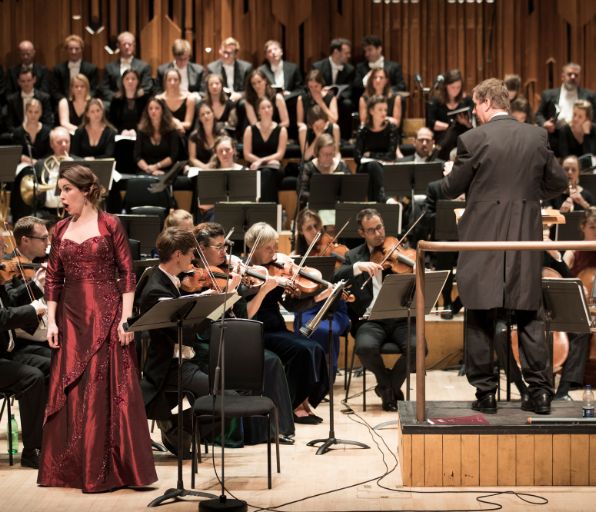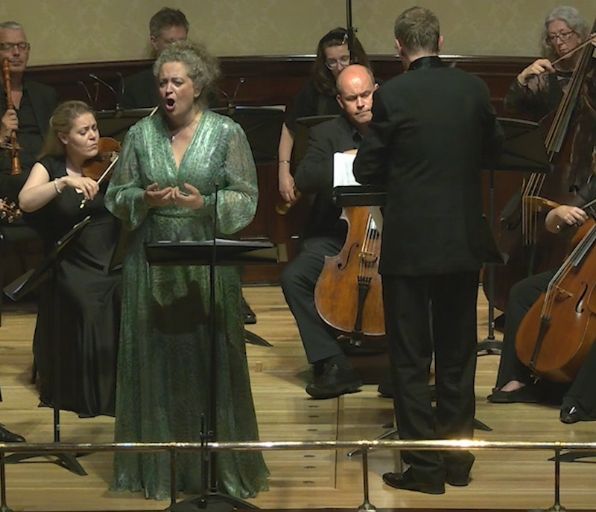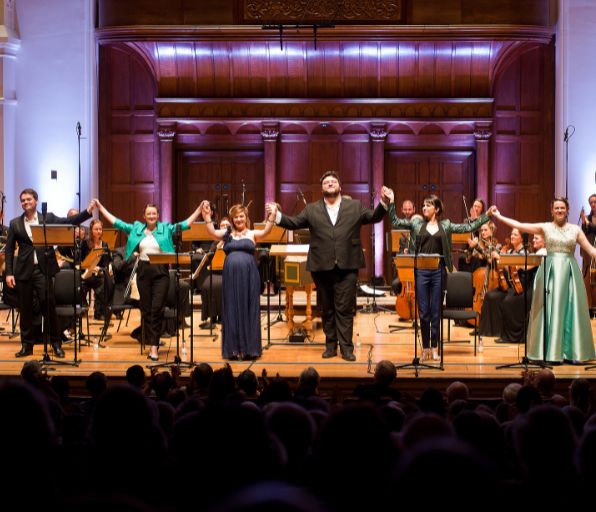THE A-Z OF MOZART OPERA
This entertaining whistle-stop tour of Mozart’s operas has attracted outstanding reviews. Travelling chronologically from Apollo to Zauberflöte, the programme presents an enchanting journey through Mozart’s operatic canon, beginning with delightful rarities from his childhood and progressing to celebrated highlights from his greatest masterpieces.
| Sample Programme | |
| Mozart | Duetto, “Natus cadit” from Apollo et Hyacinthus, K. 38 |
| Aria, “Che scompiglio, che flagello” from La finta semplice, K. 51 | |
| Aria, “Diggi, daggi” from Bastien und Bastienne, K.50 | |
| Duetto, “Se viver non degg’io” (original version) from Mitridate, re di Ponto, K.87 | |
| Cavatina, “Sì, ma d’un altro Amore” from Ascanio in Alba, K.111 | |
| Aria, “Quercia annosa su l’erte pendici” from Il sogno di Scipione, K.126 | |
| Aria, “Fra i pensier più funesti di morte” from Lucio Silla, K.135 | |
| Aria, “Nach der welschen Art und Weise” from La finta giardiniera, K.196 | |
| Finale, “Viva l’invitto duce!” from Il re pastore, K.208 | |
| Interval | |
| Aria, “Wer hungrig beider Tafel sitz” from Zaide, K.344 | |
| Quartetto, “Andrò ramingo e solo” from Idomeneo, K.366 | |
| Lied, “Wer ein Liebchen hat gefunden” from Die Entführung aus dem Serail, K.384 | |
| Trio, “Ich bin die erste Sängerin” from Der Schauspieldirektor, K.486 | |
| Aria, “Voi che sapete che cosa è amor” from Le nozze di Figaro, K. 492 | |
| Duetto, “Là ci darem la mano” from Don Giovanni, K.527 | |
| Quintetto, “Di scrivermi ogni giorno” from Così fan tutte, K.588 | |
| Duetto, “Ah, perdona al primo affetto” from La clemenza di Tito, K.621 | |
| Quintetto, “Hm! Hm! Hm! Hm! from Die Zauberflöte, K.620 |
Forces: 6 soloists, 2.2.2.2. – 2.0.0.0. – strings, harpsichord

The A-Z of Mozart Opera
Released on Signum Classics in 2014
“Page and his young musicians have a real feeling for Mozart, and the excerpts…are artfully chosen to make the best case for early Mozart. Even so, the emotional intensity of the great Idomeneo quartet is a bombshell.”
THE SUNDAY TIMES
“The main interest lies in the early works. ‘Natus cadit’ from Apollo et Hyacinthus is charmingly sung by Martene Grimson and Allan Clayton, and Rebecca Bottone and Grimson find real depth of emotion in ‘Se viver non degg’io’ from Mitridate. The finale to Il re pastore, which with its two tenors and no bass anticipates the Act II finale to Die Entführung, is faultless.”
EARLY MUSIC TODAY








